In the last days of the year, the situation of Tet bonuses at educational institutions is 'hot' and causing debate because the bonus levels of schools are not the same even though they are all in the public sector. So what regulations are these bonuses based on?
According to Associate Professor, Dr. Nguyen Xuan Hoan, Principal of Ho Chi Minh City University of Industry and Trade, currently, educational institutions calculate additional income, including Tet bonuses for teachers, lecturers, and employees based on state legal documents such as the Law on Cadres and Civil Servants; the Law on Emulation and Commendation; circulars and decrees on salary and bonus regimes; financial autonomy mechanisms...
"Each school develops its own internal spending regulations based on these regulations to ensure revenue and expenditure are appropriate to each school's conditions," Associate Professor, Dr. Hoan said.
Save a lot, get a high bonus
Specifically, Circular 56/2022 guiding a number of contents on the financial autonomy mechanism of public service units has regulations on temporary payment of additional income, welfare payments and reward payments based on the annual revenue and expenditure estimates and the financial performance results of the previous quarter of the unit.

Tet bonuses for teachers and lecturers are paid according to regulations and the amount depends on the savings of each school.
PHOTO: DAO NGOC THACH
If the unit is able to save money, the head of the unit has the right to decide to temporarily disburse additional income to employees in accordance with the unit's internal spending regulations and rules; the unit's maximum quarterly temporary disbursement level is not more than 20% of the unit's salary fund. Or it can also temporarily disburse in advance for welfare activities, periodic or unexpected rewards for groups and individuals.
At the end of the fiscal year, before January 31 of the following year, the unit shall determine the amount of saved funds. In case the unit has temporarily spent more than the amount of saved funds as prescribed, it must be deducted from the unit's income stabilization reserve fund (if any) or from the savings of the following year or from the unit's salary fund of the following year (if the unit does not have savings of the following year).
In case the unit has temporarily spent less than the amount of savings in the year, the unit is allowed to continue paying additional income to employees, paying for bonuses, paying for welfare or setting up a reserve fund to stabilize income for employees according to the unit's internal spending regulations.
After the annual settlement of the unit is approved by the competent authority, in case the actual savings amount is higher than the amount the unit self-determines, the unit is allowed to continue paying additional income or spending on welfare activities, and paying rewards according to the prescribed regime.
In case the amount of savings is lower than the amount the unit self-determines, based on the decision of the competent authority and the unit's proposal, the State Treasury will carry out recovery procedures by deducting it from the unit's savings for the following year.
Pay according to contribution
In addition, Decree 60/2021 stipulates the financial autonomy mechanism of public service units, stipulating that the regular expenditures saved by public service units, guaranteed by the State for regular expenditures, are used to supplement the income of civil servants and employees.
The unit shall pay an average additional income to its employees and workers of no more than 0.3 times the basic salary fund of the employees and workers of the unit, based on the principle that it must be linked to the efficiency and work results of each individual.
For rewards and welfare expenses, periodic or extraordinary rewards for groups and individuals inside and outside the unit based on work results and contributions; expenses for collective welfare activities of civil servants and employees; extraordinary hardship allowances for civil servants and employees, including in cases of retirement or disability...
When the ability to save money is found to be unstable, the unit can set aside a reserve fund to stabilize the income of employees. The amount of money saved that is not used up at the end of the year can be carried over to the following year for continued use.
Bonus equivalent to 10% of total salary fund
In particular, from July 2024, Decree 73/2024 regulating the basic salary and bonus regime for civil servants, public employees and armed forces will take effect, which is the latest basis for schools to apply the payment of Tet bonuses.
According to this decree, teachers and lecturers who are civil servants in public educational institutions are one of the subjects entitled to a bonus equivalent to 10% of the total salary fund, excluding allowances according to position and title of subjects on the salary list of the agency or unit.
Bonuses, including teachers' Tet bonuses, are based on the results of the annual assessment and classification of task completion. In addition, the specific bonus level is applied to each case, not necessarily linked to the salary according to the salary coefficient of each person.
Source: https://thanhnien.vn/vi-sao-thuong-tet-moi-truong-dai-hoc-khac-nhau-185250109091915866.htm


![[Photo] Third meeting of the Organizing Subcommittee serving the 14th National Party Congress](https://vstatic.vietnam.vn/vietnam/resource/IMAGE/2025/4/2/3f342a185e714df58aad8c0fc08e4af2)
![[Photo] General Secretary To Lam receives Russian Ambassador to Vietnam](https://vstatic.vietnam.vn/vietnam/resource/IMAGE/2025/4/2/b486192404d54058b15165174ea36c4e)








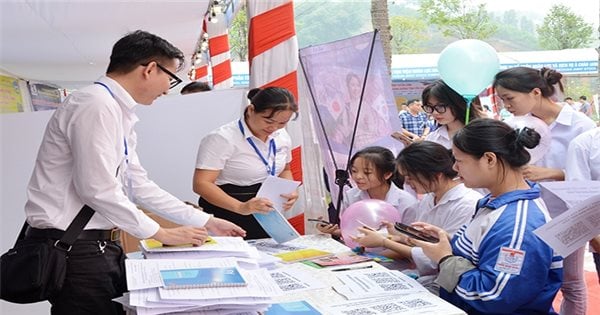





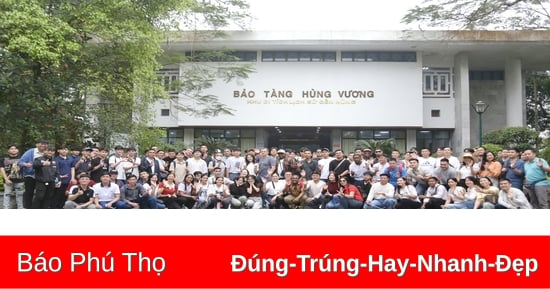

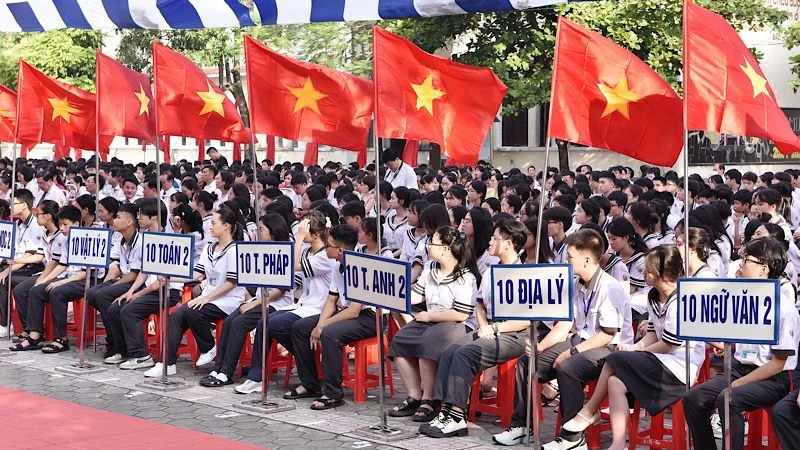
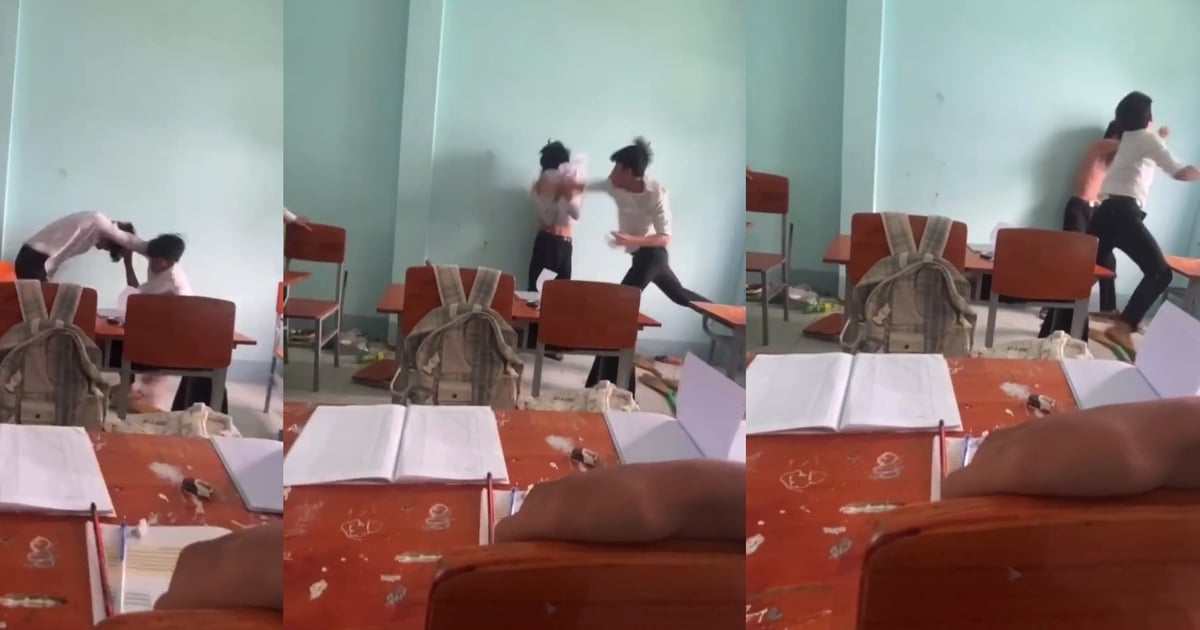
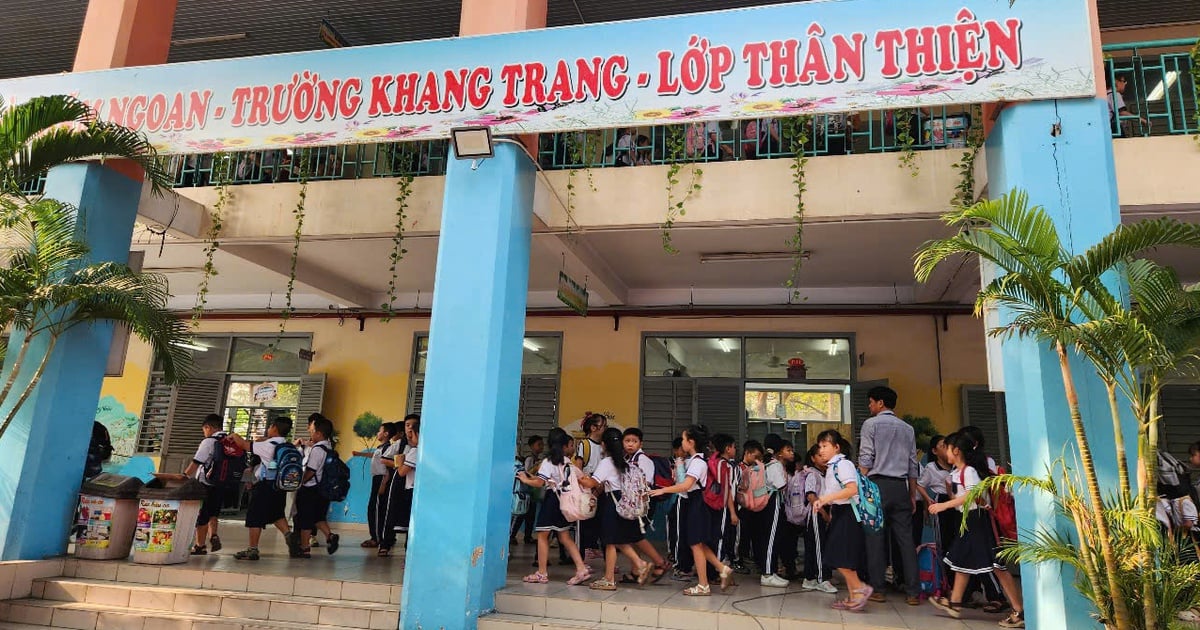
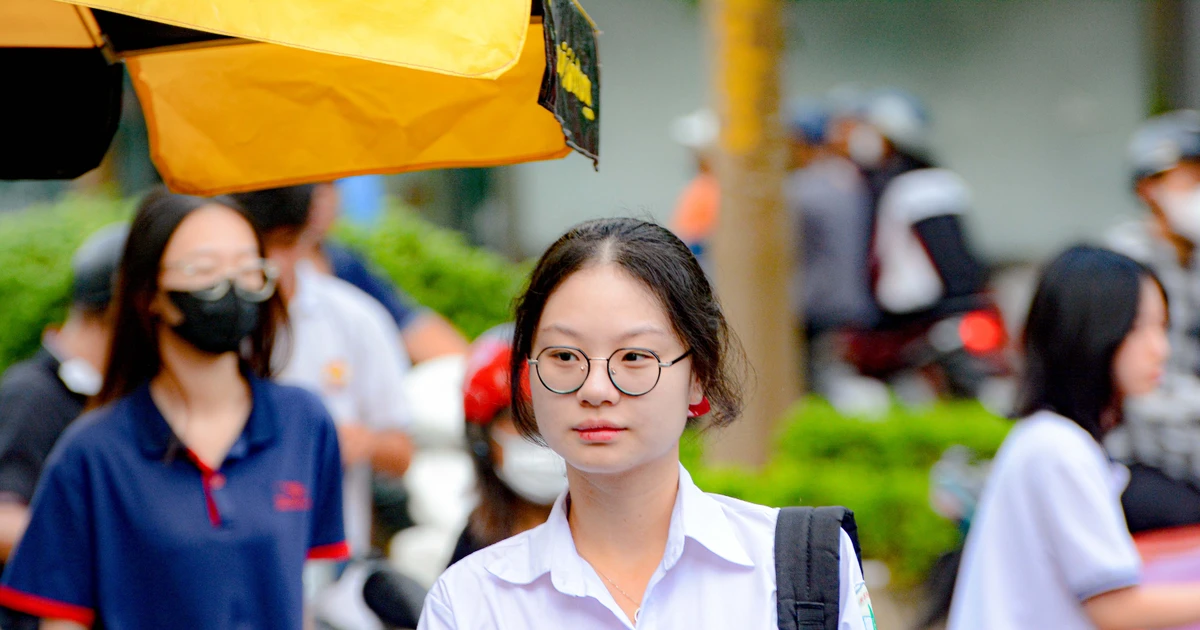
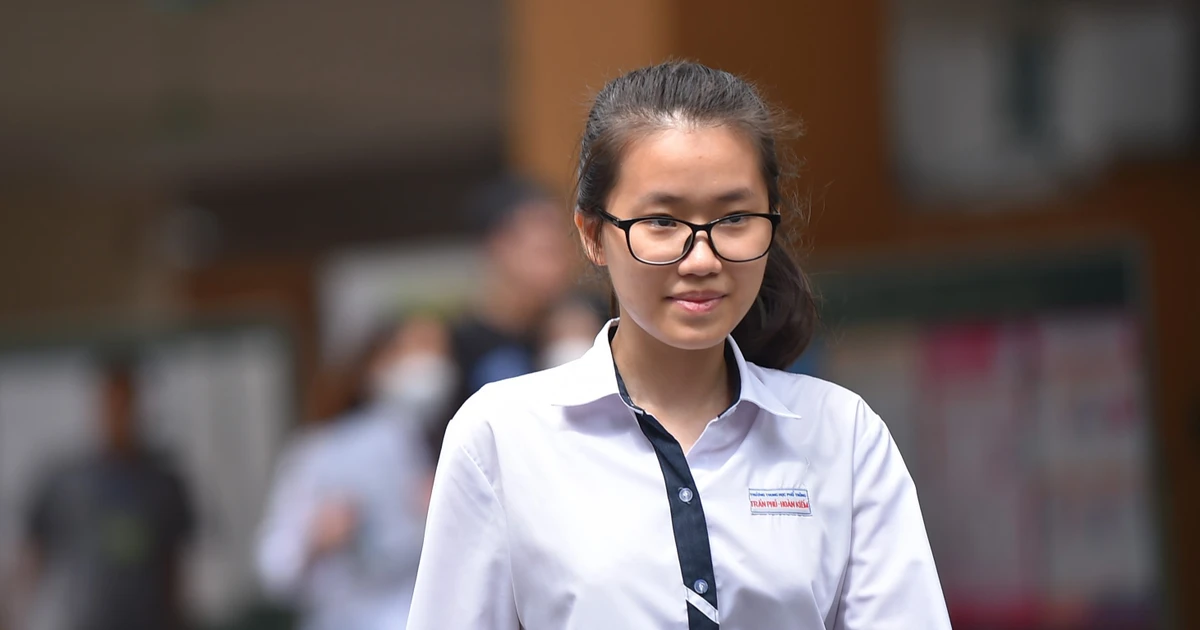



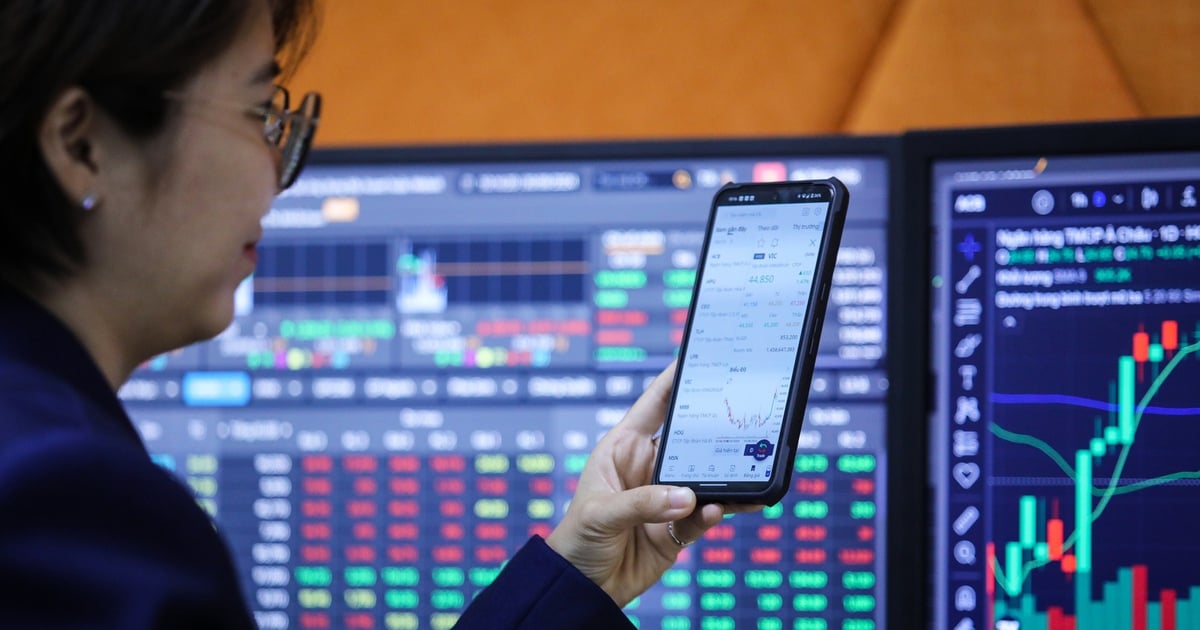





![[Photo] Relatives of victims of the earthquake in Myanmar were moved and grateful to the rescue team of the Vietnamese Ministry of National Defense.](https://vstatic.vietnam.vn/vietnam/resource/IMAGE/2025/4/2/aa6a37e9b59543dfb0ddc7f44162a7a7)











































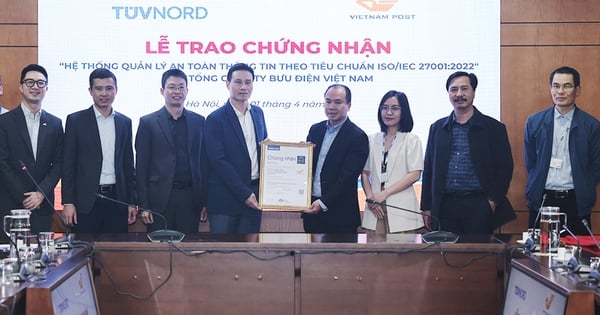


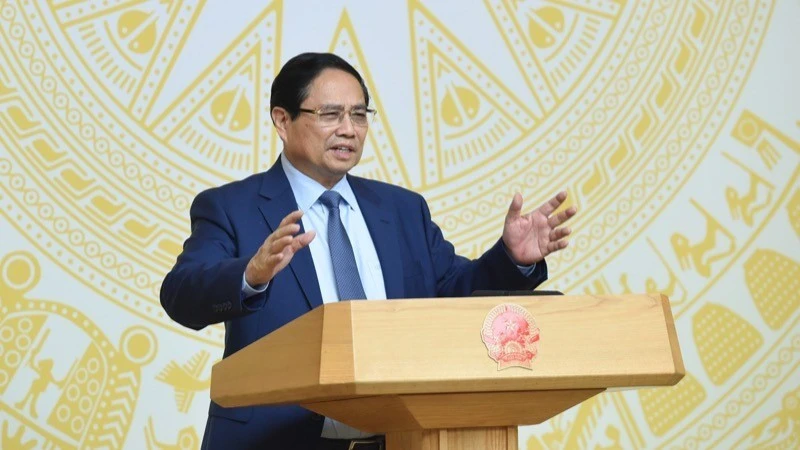

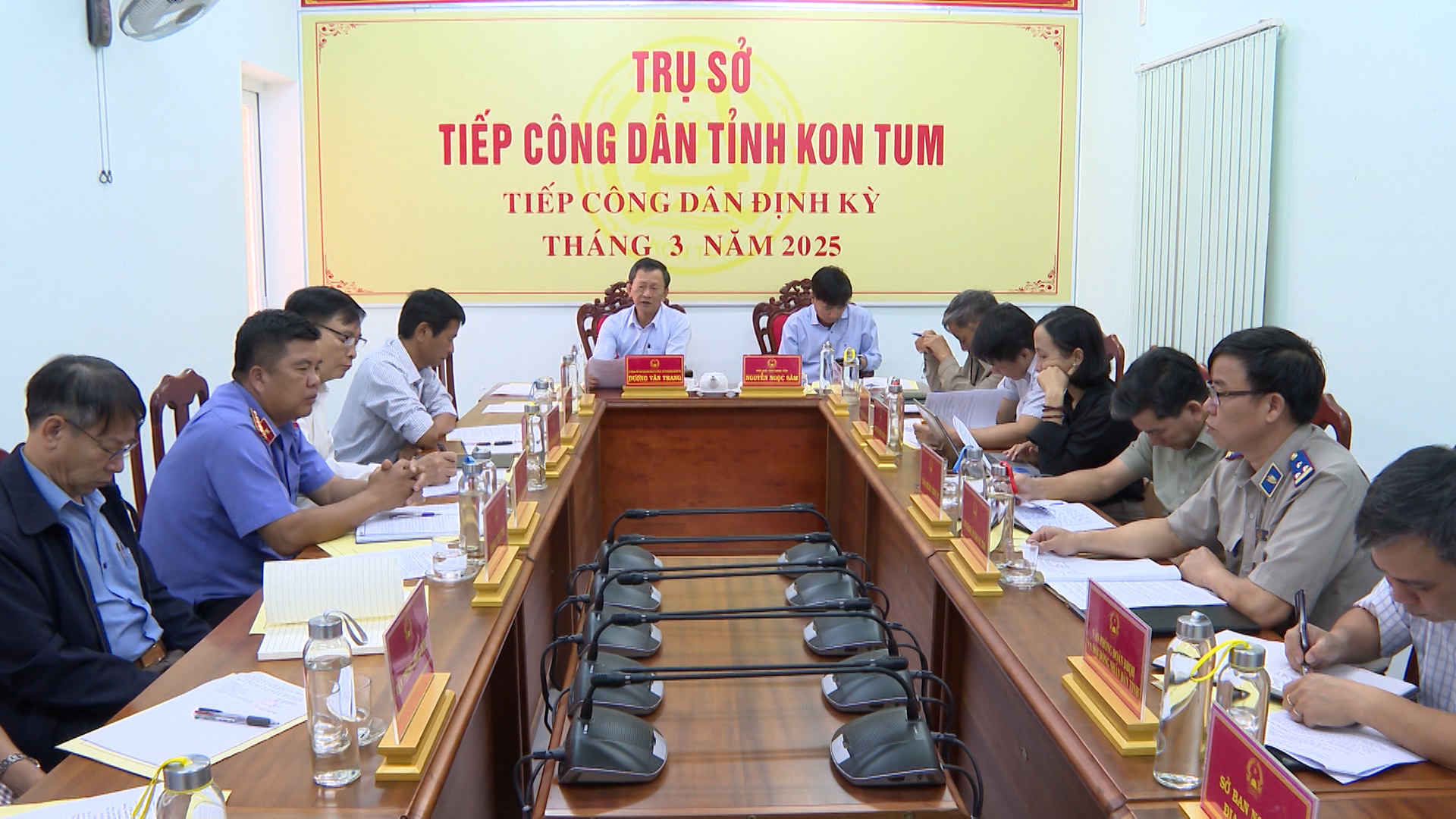

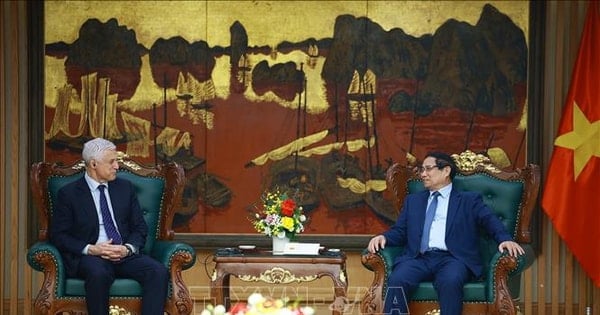















Comment (0)